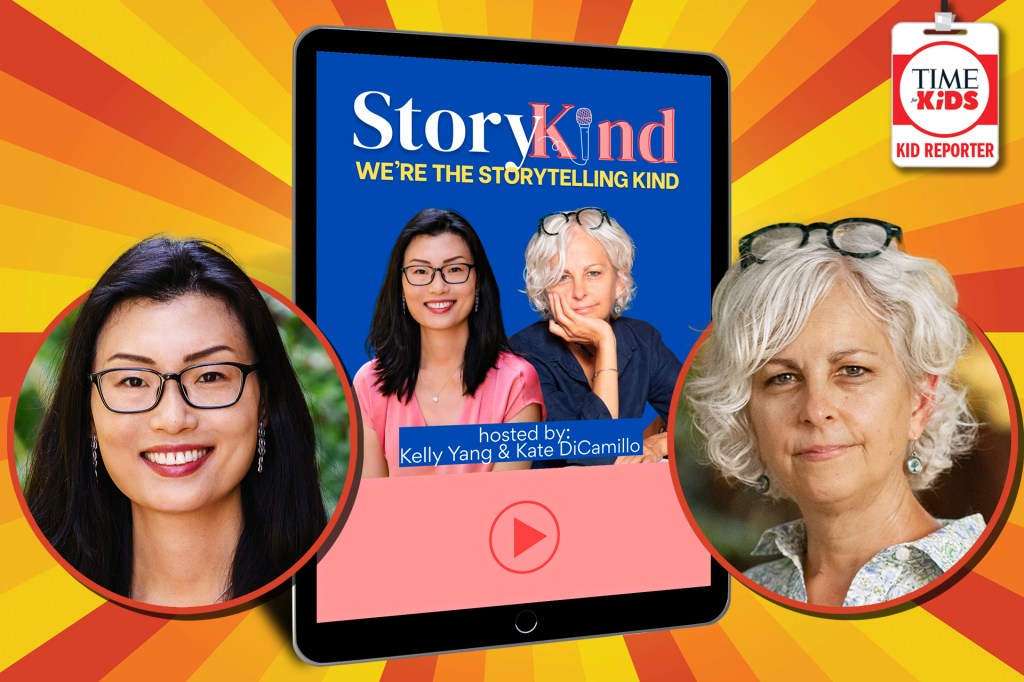Soap Club
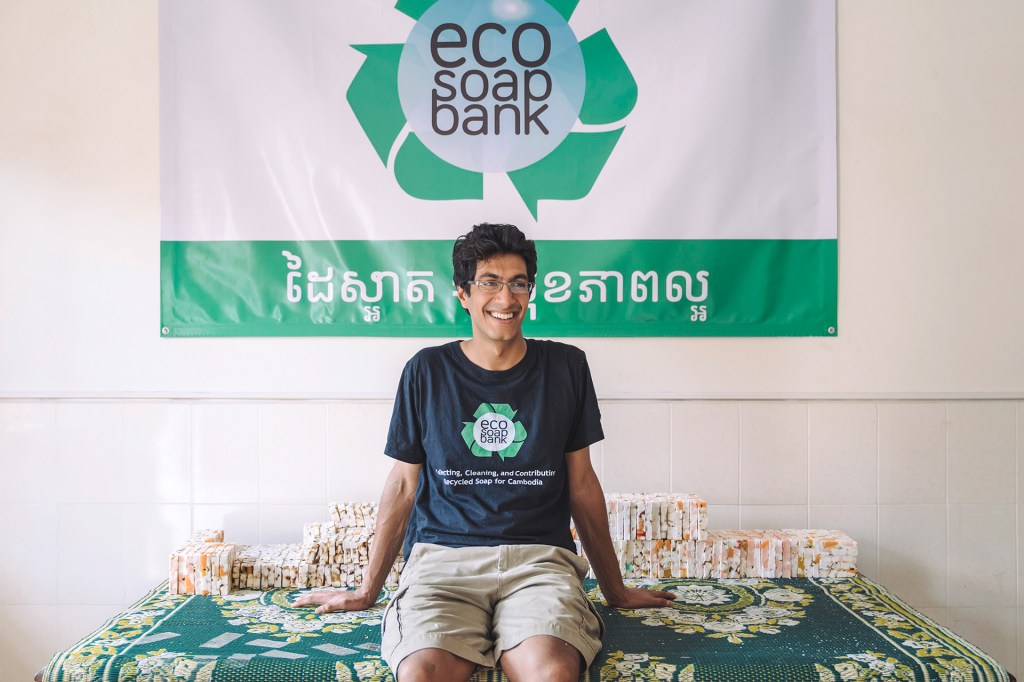
A nonprofit group uses recycled soap from hotels to improve the lives of people in Cambodia.
Samir Lakhani was in college when he first visited Cambodia, a nation in Southeast Asia. The trip changed his life. In a remote
remote
 PHOTO RESEARCHERS/GETTY IMAGES
distant
(adjective)
Astronomers used a powerful telescope to discover a remote star.
village, he watched a mother bathe her baby. She was using powdered laundry detergent. “That was scary because laundry detergent should not be applied directly on the skin,” Lakhani told TFK. “So I asked myself why this was happening.”
PHOTO RESEARCHERS/GETTY IMAGES
distant
(adjective)
Astronomers used a powerful telescope to discover a remote star.
village, he watched a mother bathe her baby. She was using powdered laundry detergent. “That was scary because laundry detergent should not be applied directly on the skin,” Lakhani told TFK. “So I asked myself why this was happening.”
He soon learned that Cambodia is very poor. Most people don’t have clean running water to wash with. Many people don’t know how to maintain good hygiene
hygiene
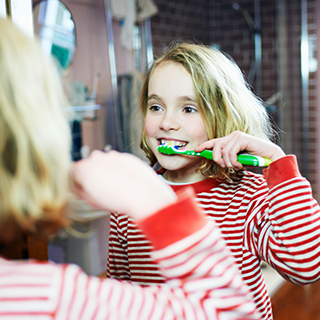 TARA MOORE—GETTY IMAGES
the practices needed for cleanliness
(noun)
Brushing your teeth twice a day is good hygiene.
. “This contributes to widespread preventable illness,” Lakhani says.
TARA MOORE—GETTY IMAGES
the practices needed for cleanliness
(noun)
Brushing your teeth twice a day is good hygiene.
. “This contributes to widespread preventable illness,” Lakhani says.
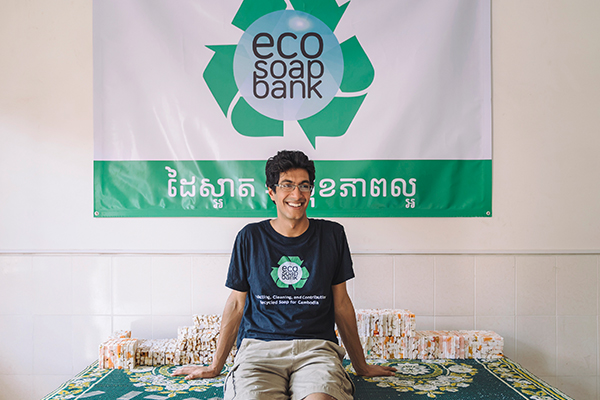
Samir Lakhani is the founder and executive director of the Eco-Soap Bank.
SHARON RADISCH FOR PHOTOGRAPHERS WITHOUT BORDERSLakhani also noticed that many Cambodians don’t have a basic requirement for good hygiene: soap. That, he realized, was a problem he could help solve.
Soap for All
Cambodia is home to a successful tourism industry. The country’s many hotels use large amounts of soap. A hotel can produce 150 pounds of soap waste every month. Lakhani’s idea was to recycle that soap. He would turn it into new bars to give out to people.
At first, Lakhani went from hotel to hotel, urging the staff to donate used soap. His project grew. It eventually became the Eco-Soap Bank.
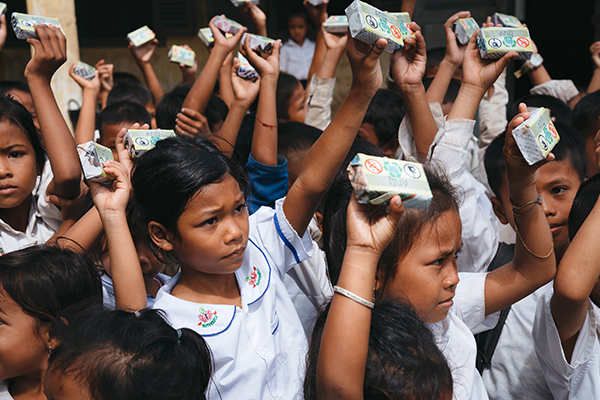
Schoolkids learn about staying clean and healthy with soap.
SHARON RADISCH FOR PHOTOGRAPHERS WITHOUT BORDERSNow workers from the nonprofit group visit hotels each month to collect used soap. They take it to one of three recycling facilities. There, the soap goes through a three-step cleaning process. Then it is chopped up, mixed together, and put through a press. From bits of old soap emerge brand-new bars or liquid soap.
The soap is distributed to aid organizations. Some bars are also given to local women. They sell it in their villages at an affordable price. This allows the women to earn money to support their families.
Getting the soap to people is only part of Eco-Soap Bank’s mission. Hygiene education is also a top priority. The Eco-Soap Bank emphasizes teaching cleanliness to young children. “We want to equip the younger generation with the opportunity to keep themselves healthy,” Lakhani says.
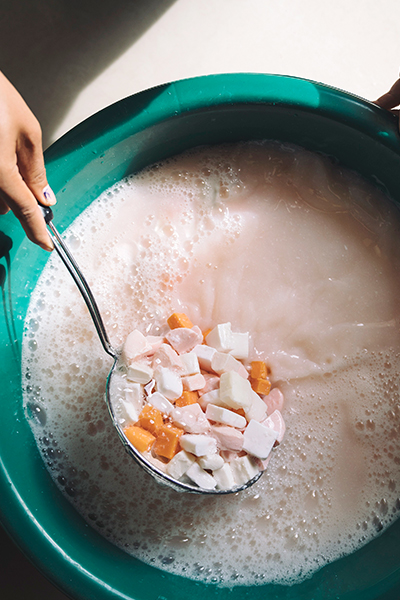
A worker cleans soap slivers. They will become brand-new bars.
SHARON RADISCH FOR PHOTOGRAPHERS WITHOUT BORDERSGoing Global
Since the Eco-Soap Bank was launched in 2014, it has changed many lives. It has provided soap and hygiene education to more than half a million Cambodians. “We’ve gotten feedback from communities that illness rates have gone down,” Lakhani says.
The group is also helping its workers achieve a brighter future. “We’re able to support not only the workers but their entire families,” Lakhani says. “That means schooling for the kids, health care for the family, housing, and transportation.”
There has been an environmental impact, too. All the old soap that workers collect would otherwise wind up in dumps and landfills.

Cambodia is a small country in Southeast Asia.
MAPS BY JOE LEMONNIER FOR TIME FOR KIDSThe Eco-Soap Bank has accomplished much. But Lakhani has big plans. He would like to provide soap for every public primary school in Cambodia. And he wants to expand the group’s reach. “We want to start Eco-Soap Banks in every tourist region around the world,” he says.
It’s an ambitious goal. But Lakhani is committed. He wants to empower people to take their health into their own hands—one bar of soap at a time.







